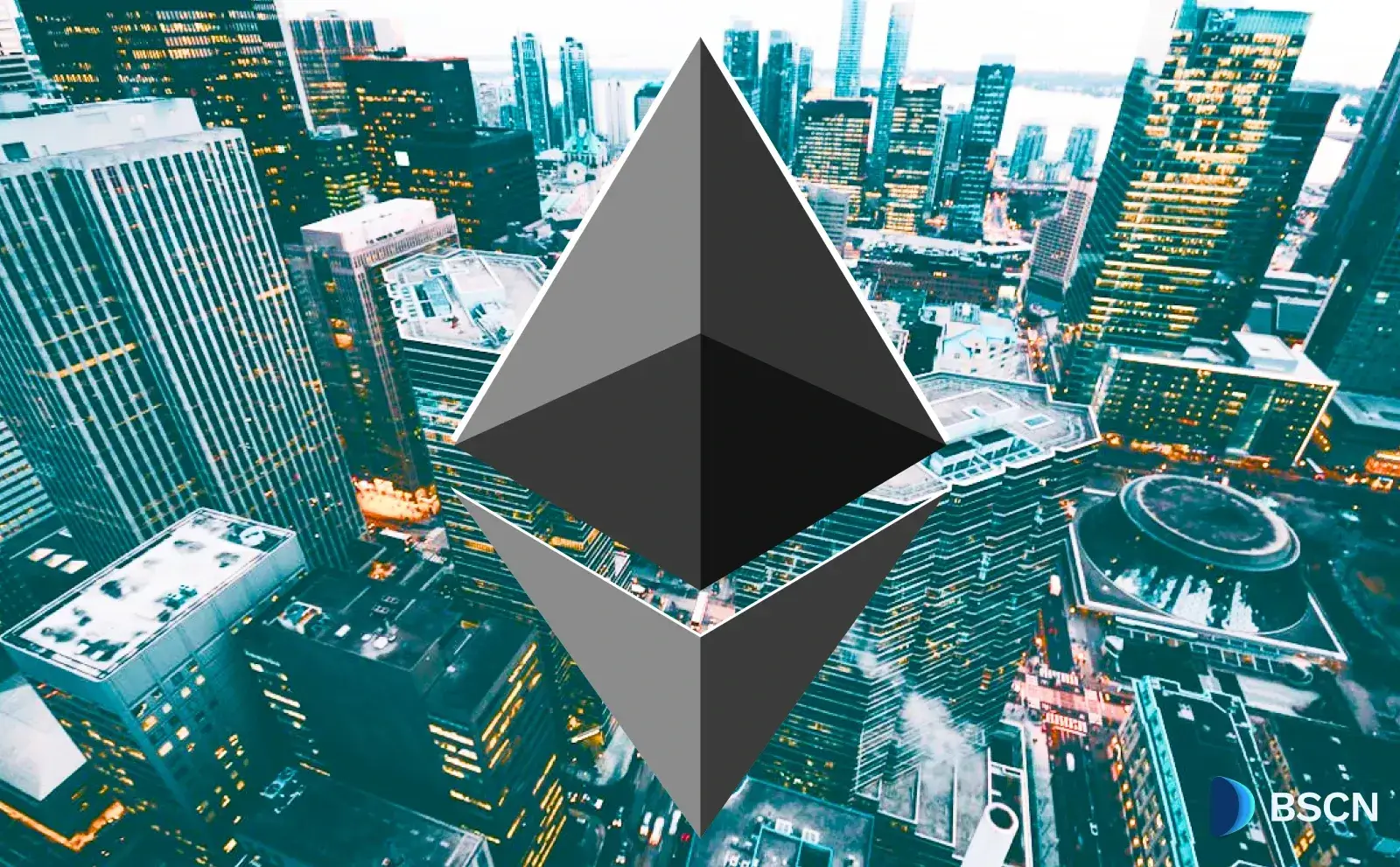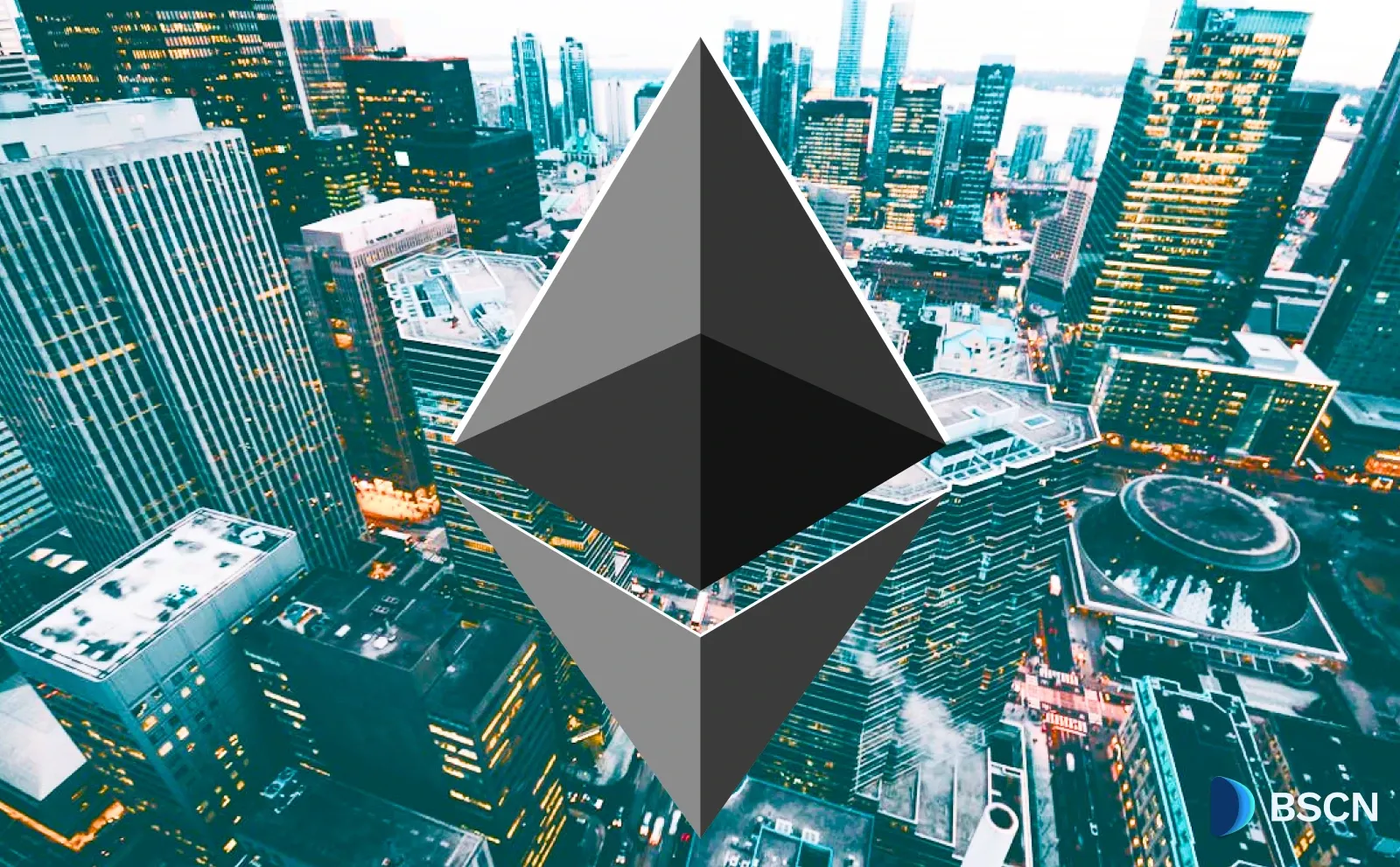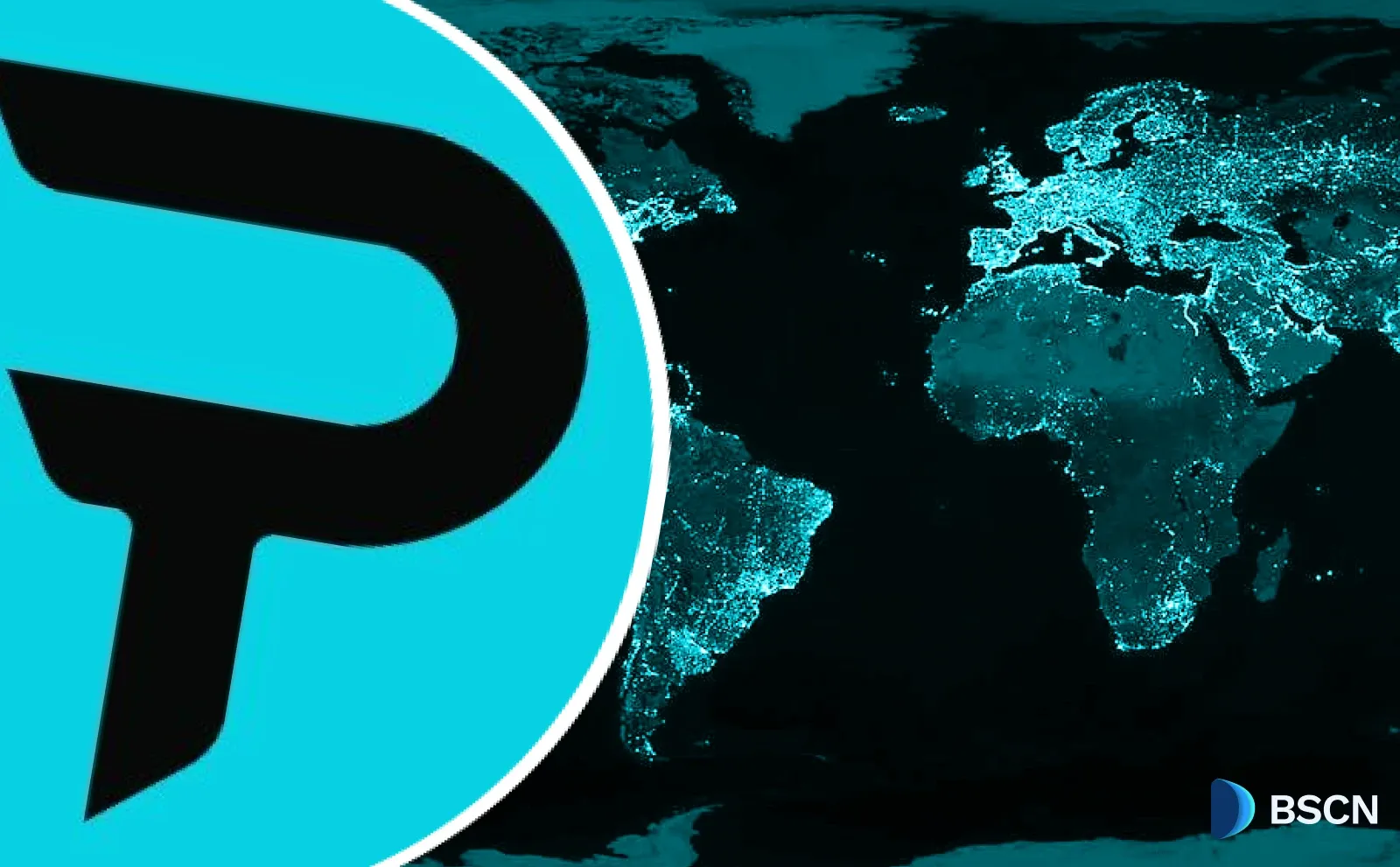Saudi Awwal Bank Adopts Chainlink to Power Next-Gen Onchain Applications

Saudi Awwal Bank adopts Chainlink to drive secure onchain applications in Saudi Arabia using CCIP and the Chainlink Runtime Environment.
Soumen Datta
September 17, 2025
Table of Contents
Saudi Awwal Bank (SAB), one of the largest banks in Saudi Arabia with over $100 billion in assets, adopted Chainlink services to support the development of next-generation onchain applications in the Kingdom. The bank is working with Chainlink under an innovation agreement aimed at accelerating the use of blockchain-based financial infrastructure in the region.
The partnership enables SAB to leverage two core Chainlink technologies: the Cross-Chain Interoperability Protocol (CCIP) and the Chainlink Runtime Environment (CRE). Both tools are designed to bring secure interoperability, reliable data exchange, and programmable workflows across blockchains and external systems.
Saudi Awwal Bank (@alawwalsab), one of Saudi Arabia’s largest banks with over $100 billion in total assets, is leveraging several Chainlink services to facilitate the deployment of next-generation onchain applications in Saudi Arabia.
— Chainlink (@chainlink) September 16, 2025
Under the innovation agreement, SAB is… https://t.co/DAvUawI3Yg pic.twitter.com/Zhlm1GJdGp
SAB’s Role in Expanding Onchain Finance
SAB’s collaboration with Chainlink marks a significant move by a major Saudi financial institution into onchain finance. By using CCIP and CRE, SAB enables developers to build applications that connect different blockchains while maintaining strong security guarantees.
According to SAB, the agreement is part of its ongoing commitment to financial innovation in Saudi Arabia. The bank views blockchain as a key technology for improving cross-border finance, tokenization of assets, and integration with global financial networks.
Chainlink Technologies at the Center
Cross-Chain Interoperability Protocol (CCIP)
CCIP allows the transfer of tokens and data between multiple blockchains. It uses a decentralized network of nodes to verify and relay messages, reducing risks of exploits common in traditional bridging mechanisms.
For a financial institution like SAB, CCIP provides a secure foundation for:
- Tokenized asset transfers across different blockchains.
- Cross-border payments with verifiable settlement.
- Integration between public and private blockchains.
Chainlink Runtime Environment (CRE)
CRE is a decentralized execution layer that allows developers to build verifiable workflows across blockchains, APIs, and legacy systems. It extends the guarantees of Chainlink’s oracle networks, which have already secured more than $25 trillion in transaction value, into more complex workflows.
Key Functions of CRE:
- Orchestration: Coordinates multiple smart contracts, oracle networks, and external systems.
- Workflows: Executes predefined actions like data retrieval, computation, and blockchain writes in a decentralized manner.
- Abstraction: Removes the burden of integrating with diverse data sources and payment systems.
- Modularity: Uses specialized capabilities and DON-to-DON communication for efficiency.
- Interoperability: Connects different on-chain and off-chain environments into verifiable workflows.
Why SAB’s Move Matters
Saudi Awwal Bank’s decision is notable because of its size and influence within Saudi Arabia’s financial system. With more than $100 billion in assets, the bank has the resources to test and deploy large-scale blockchain applications.
Areas where SAB could explore use cases include:
- Tokenized deposits and bonds.
- Automated cross-border settlements.
- Integration of blockchain-based identity or compliance systems.
- Participation in global tokenized capital markets.
Broader Context of Chainlink’s Growth
SAB’s adoption comes as Chainlink expands its presence in both finance and AI infrastructure. Recently, Chainlink joined Aethir’s AI Unbundled Alliance, a consortium focused on Web3 AI development. In that initiative, Chainlink provides verifiable workflows for AI-powered applications using CRE, enabling decentralized orchestration across chains and APIs.
The Chainlink Runtime Environment supports modular functions like:
- Reading and writing to chains.
- Fetching data from external systems.
- Running decentralized compute.
- Enforcing compliance policies.
This infrastructure is increasingly used at the intersection of DeFi, AI, and real-world asset tokenization.
Other Chainlink Integrations Highlight Market Momentum
SAB’s move follows a string of integrations that highlight Chainlink’s growing role in regulated finance.
- 21X in Europe: The first EU-licensed exchange for tokenized securities integrated Chainlink to provide real-time, verifiable market data on Polygon. This enables use of tokenized equities and debt securities in collateralized lending and portfolio management.
- Bitlayer: A Bitcoin Layer 2 project used CCIP to enable cross-chain movement of Bitcoin-backed tokens, opening pathways for BTC use in DeFi applications.
- Sei Network: Integrated Chainlink Data Streams to deliver low-latency price feeds and macroeconomic indicators, enabling high-performance trading strategies without sacrificing decentralization.
SAB’s adoption adds Saudi Arabia to the growing list of regions where Chainlink is gaining institutional traction.
Technical Advantages of Chainlink for Banks
For a bank like SAB, the value of Chainlink lies in its technical guarantees:
- Security: Decentralized oracle networks reduce reliance on single points of failure.
- Verifiability: Transactions and data are cryptographically validated, providing auditability for regulators.
- Interoperability: CCIP enables workflows across multiple chains and external systems.
- Efficiency: CRE allows automation of complex financial processes without building custom infrastructure.
Conclusion
Saudi Awwal Bank’s adoption of Chainlink highlights how large financial institutions are beginning to use blockchain infrastructure to support next-generation applications. By leveraging CCIP and CRE, SAB can explore secure interoperability, tokenized assets, and automated workflows across blockchains and traditional systems.
The move reflects a broader trend of Chainlink integrations across global finance, from Europe’s tokenized securities markets to Bitcoin Layer 2 networks and AI-powered Web3 applications. In each case, Chainlink provides the verifiable infrastructure required for institutions to adopt blockchain with confidence.
Resources:
Chainlink X platform: https://x.com/chainlink
About Chainlink Runtime Environment (CRE): https://blog.chain.link/introducing-chainlink-runtime-environment/?utm_source=chatgpt.com
Announcement: Chainlink Joins Aethir’s AI Unbundled Alliance for Web3 AI: https://aethir.com/blog-posts/chainlink-joins-aethirs-ai-unbundled-alliance-for-web3-ai
Bitlayer announcement about migrating to Chainlink CCIP as Its canonical cross-chain infrastructure to power YBTC: https://blog.bitlayer.org/bitlayer_successfully_migrates_to_Chainlink_CCIP/
Sei Network announcement about Chainlink Data Streams integration: https://blog.sei.io/chainlink-data-streams-now-live-on-sei/
Read Next...
Frequently Asked Questions
What Chainlink services is Saudi Awwal Bank using?
Saudi Awwal Bank is adopting Chainlink’s Cross-Chain Interoperability Protocol (CCIP) and the Chainlink Runtime Environment (CRE) to build secure onchain applications.
Why is this adoption important?
As one of Saudi Arabia’s largest banks with over $100 billion in assets, SAB’s adoption signals strong institutional interest in blockchain infrastructure in the Middle East.
What can SAB build with Chainlink?
Possible applications include tokenized deposits, cross-border settlements, compliance-integrated workflows, and participation in tokenized capital markets.
Disclaimer
Disclaimer: The views expressed in this article do not necessarily represent the views of BSCN. The information provided in this article is for educational and entertainment purposes only and should not be construed as investment advice, or advice of any kind. BSCN assumes no responsibility for any investment decisions made based on the information provided in this article. If you believe that the article should be amended, please reach out to the BSCN team by emailing [email protected].
Author
 Soumen Datta
Soumen DattaSoumen has been a crypto researcher since 2020 and holds a master’s in Physics. His writing and research has been published by publications such as CryptoSlate and DailyCoin, as well as BSCN. His areas of focus include Bitcoin, DeFi, and high-potential altcoins like Ethereum, Solana, XRP, and Chainlink. He combines analytical depth with journalistic clarity to deliver insights for both newcomers and seasoned crypto readers.
Crypto Project & Token Reviews
Project & Token Reviews
Comprehensive reviews of crypto's most interesting projects and assets
Learn about the hottest projects & tokens


















